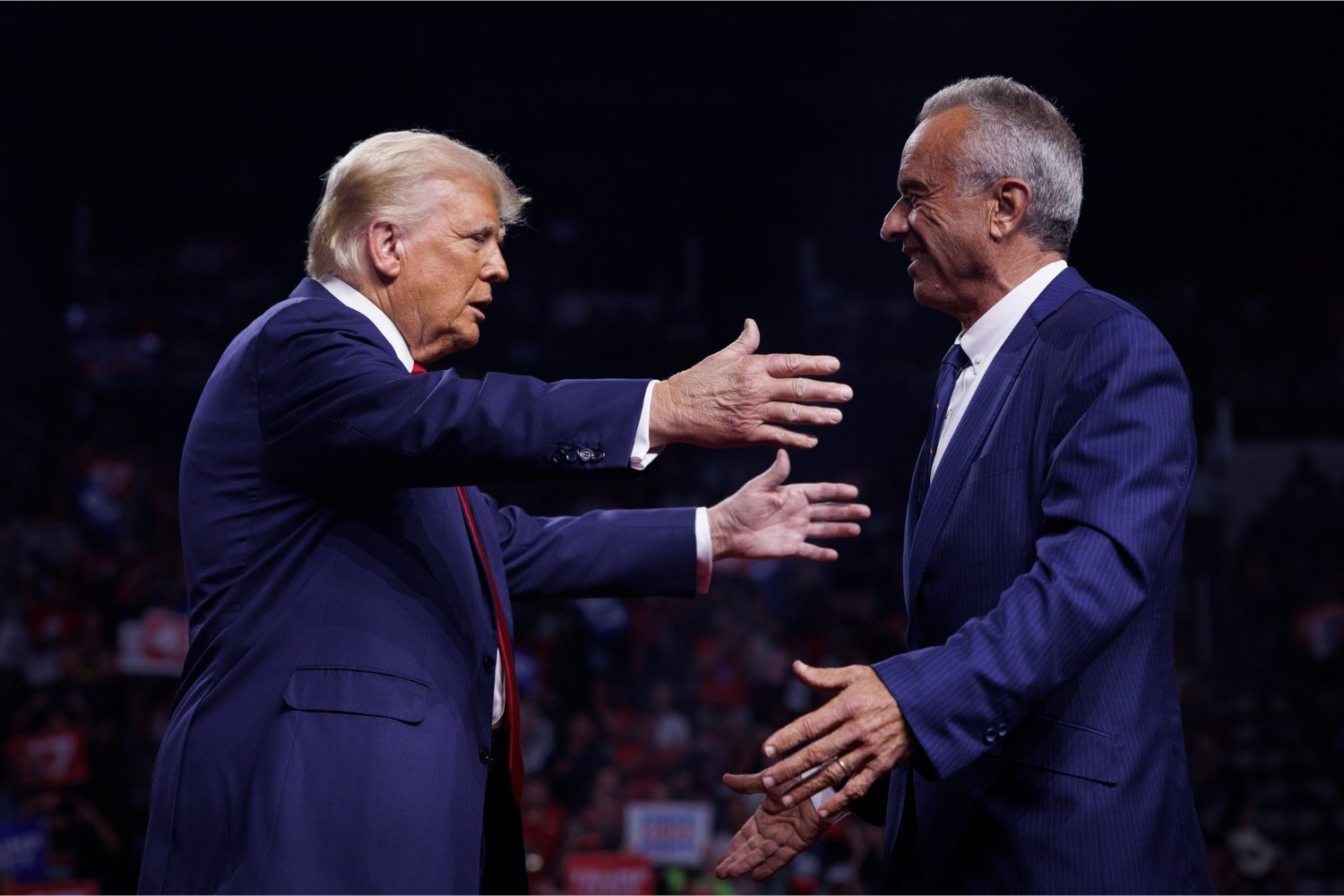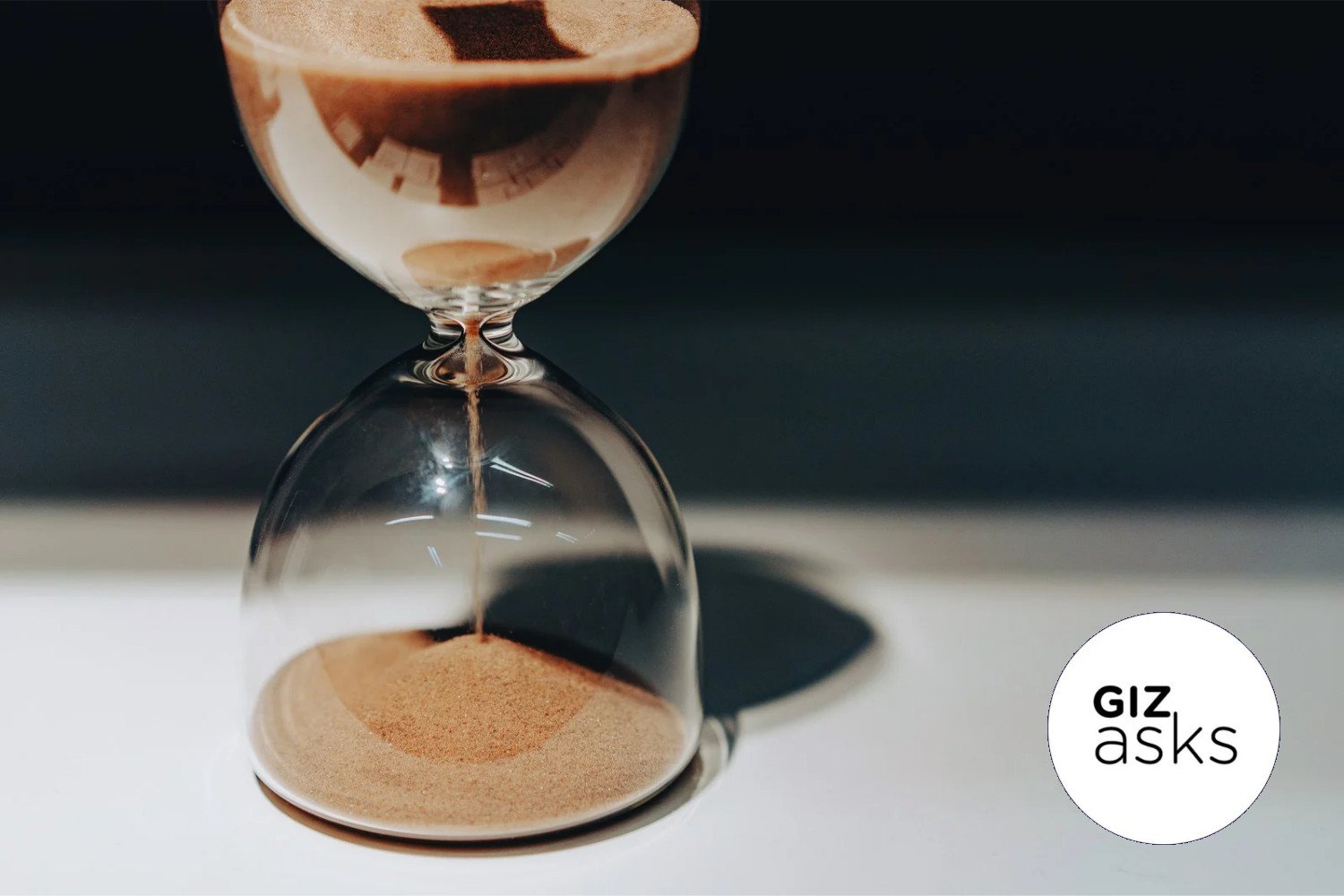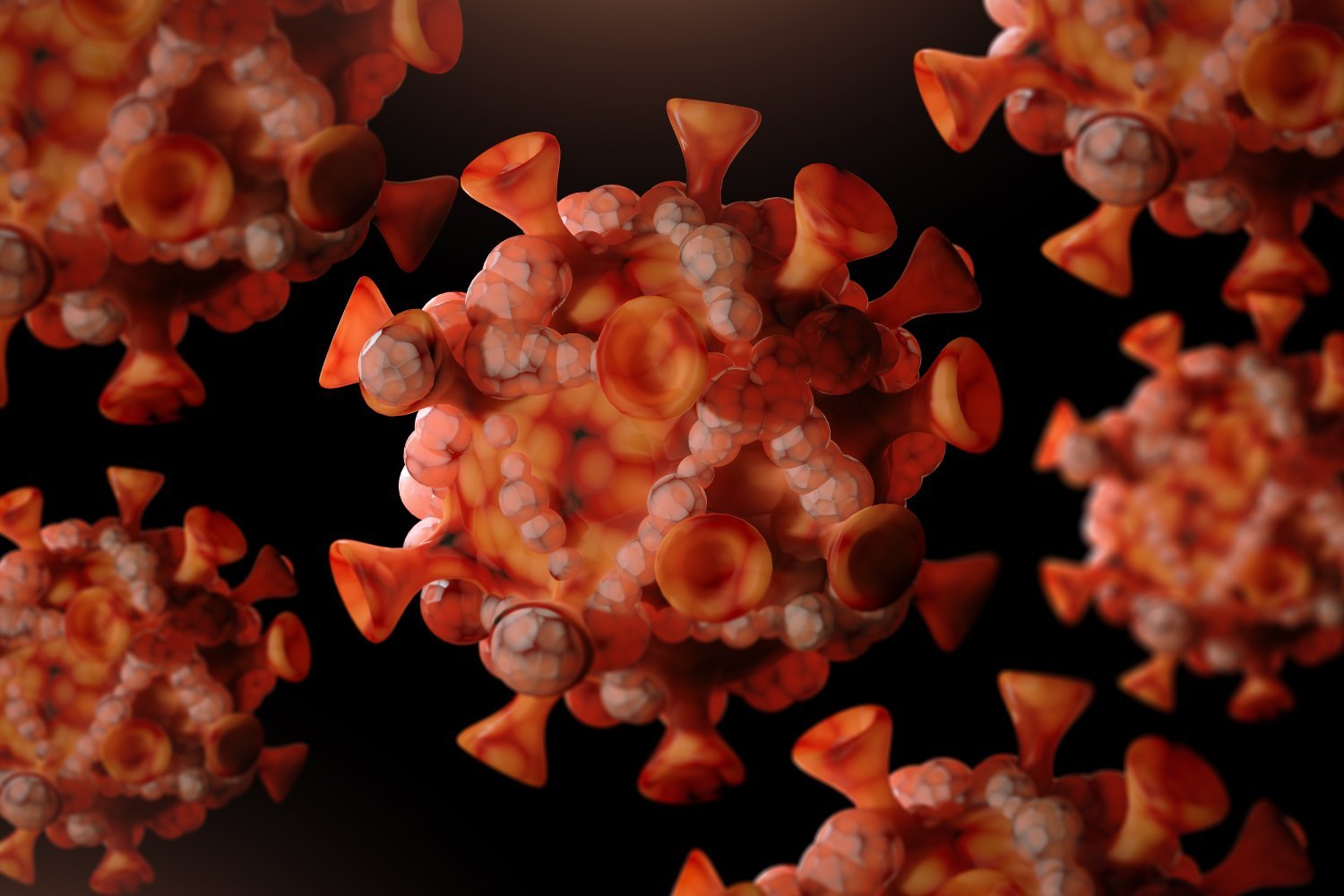Donald Trump’s victory secures him a second, non-consecutive term as President of the United States, a feat only previously achieved by Grover Cleveland. During his victory speech, Trump acknowledged Robert F. Kennedy Jr.’s support and reaffirmed his commitment to granting Kennedy influence over public health policy, potentially including reevaluating certain vaccines. This raises significant questions about the direction of public health under the new administration.
While vote counts continue and congressional races remain undecided, Trump’s win cements RFK Jr.’s potential role in shaping health policy. Trump expressed gratitude to a diverse group, including Vice President-elect JD Vance, Elon Musk, and golfer Bryson DeChambeau. He specifically mentioned RFK Jr., stating, “[RFK] came out. And he’s going to help make America healthy again. He wants to do some things, and we’re gonna let him go to it.”
Since Kennedy withdrew from the presidential race and endorsed Trump, his often-contested views on vaccines and public health have found a receptive audience in the president-elect. Prior to the election, Trump echoed Kennedy’s stance on eliminating water fluoridation and hinted at the possibility of banning certain vaccines. This alignment suggests a potential shift in public health priorities.
In a recent CNN interview, Trump transition co-chair Howard Lutnick indicated that Kennedy would be given access to vaccine data and the authority to potentially recommend removing certain vaccines from the market. This raises concerns given Kennedy’s history of questioning vaccine safety and efficacy, often using misleading information. Both he and Trump have perpetuated the debunked link between vaccines and autism.
RFK Jr. claimed Trump promised him broad authority over agencies like the CDC, FDA, and USDA. The extent of this influence remains uncertain. A cabinet appointment for Kennedy could face congressional opposition, depending on the final Senate composition. However, even without a formal position, Kennedy could influence personnel selections within these agencies or the development of new policies and regulations.
Kennedy’s anti-vaccine advocacy has already had detrimental consequences. His role in contributing to decreased vaccination rates in Samoa preceded a devastating measles outbreak that claimed the lives of at least 83 people, primarily children under five. His potential influence over U.S. public health policy, particularly regarding vaccination, raises serious concerns about the future.
Trump’s second term promises significant changes, with RFK Jr.’s potential involvement in public health being a key area to watch. His influence could reshape vaccine policy and other crucial aspects of public health, potentially leading to controversial decisions and unforeseen consequences. The coming months will reveal the extent of Kennedy’s role and the impact on the nation’s health.











